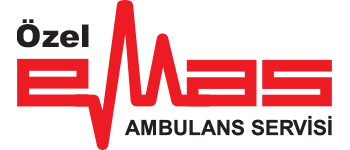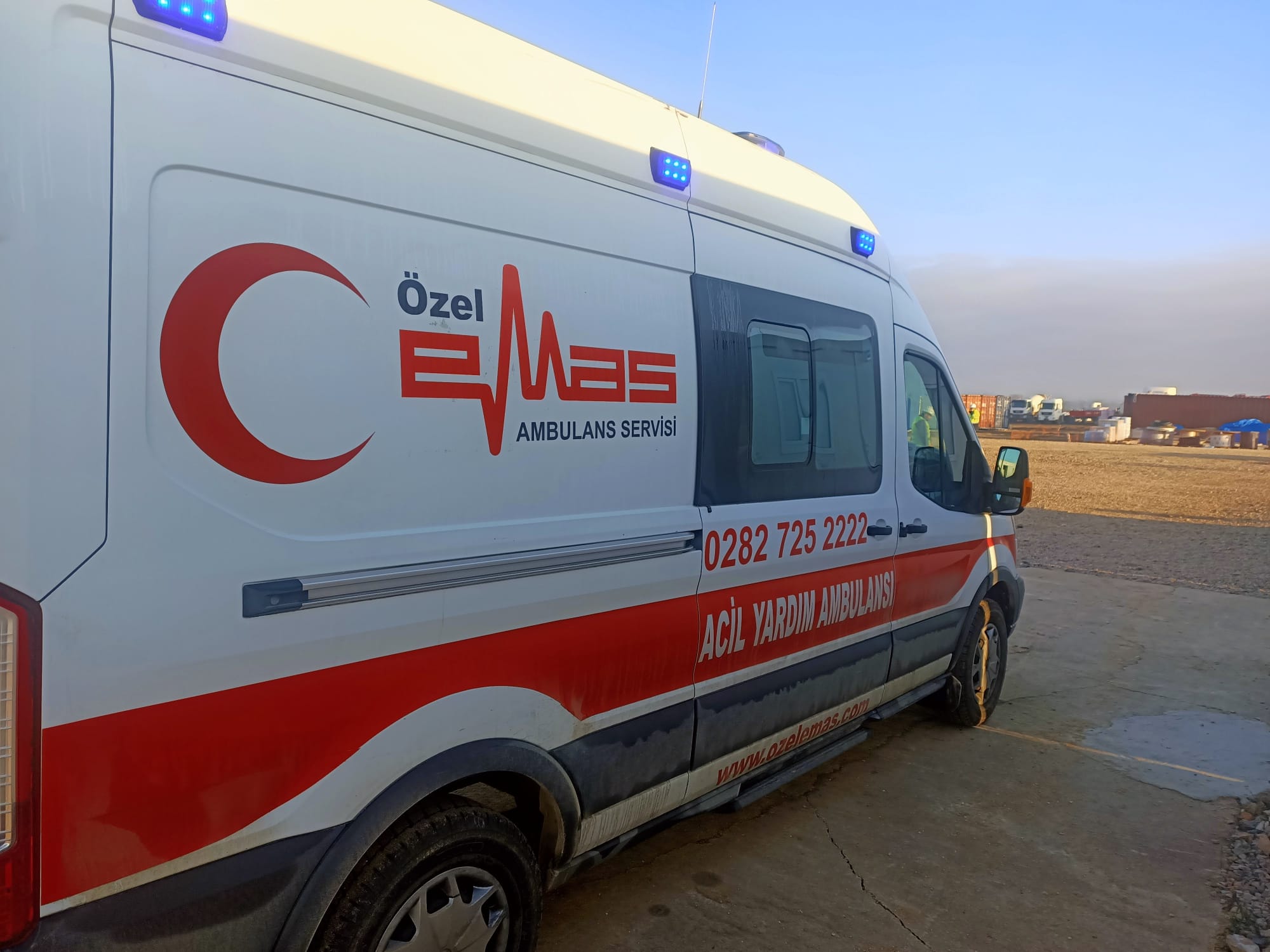Health services are provided effectively with the cooperation of professional and competent teams. As Emas Ambulance, we would like to emphasize the importance of the training and competencies of ambulance teams. Here is a detailed look at the training and competencies of ambulance crews:
Training of Ambulance Teams
Ambulance teams receive extensive training to effectively intervene in complex health situations. These trainings enable healthcare personnel to gain competence in the following areas:
Basic Health Information and First Aid
- Basic Medical Information: Ambulance teams provide effective intervention in emergency situations by learning basic medical information.
- First Aid Techniques: Knowing first aid practices at the scene is critical to keeping the patient in a stable condition.
Use of Medical Technology and Equipment
- Monitors and Devices: Ambulance crews learn to use medical monitors and devices to monitor and evaluate patients' condition.
- Pharmaceutical Applications: In emergency situations, it is vital that medications are administered at the correct dose and in the correct manner.
Patient Transport and Mobile Health Services
- Safe Transport Techniques: Ambulance crews learn techniques to transport patients safely.
- Mobile Health Services: They gain the skills necessary for patients to receive the necessary medical interventions in the ambulance.
Competencies of Ambulance Teams
Ambulance teams have not only medical knowledge but also a number of competencies such as human relations, communication and crisis management.
Quick Decision Making Ability
- Quick and Effective Decisions: Ambulance teams have the ability to respond quickly and effectively to changing situations.
- Stress Management: The ability to manage stress, even during emergencies, enables effective response.
Human Relations and Communication
- Empathy and Communication: Ambulance teams empathize with patients and their relatives and provide understanding communication.
- Crisis management: The ability to handle challenging situations allows ambulance crews to be effective even in times of crisis.
Ambulance teams are an important part of healthcare. As Emas Ambulance, we are proud to offer the best service to our patients thanks to the high quality training and competencies of our teams.
Frequently Asked Questions
- In what situations do ambulance teams take part? Ambulance teams take part in events such as medical emergencies, accidents and injuries.
- How are ambulance teams trained? Ambulance teams go through a comprehensive training process by medical training institutions and health institutions.
- Why are communication skills of ambulance teams important? Good communication skills help build trust and reduce stress by communicating effectively with patients and their relatives.
- How do ambulance crews coordinate? Ensures effective communication and coordination with ambulance teams, hospitals and other healthcare institutions.
- What types of vehicles do ambulance crews use? Ambulance teams respond to the needs of patients using fully equipped ambulance vehicles and medical devices.

